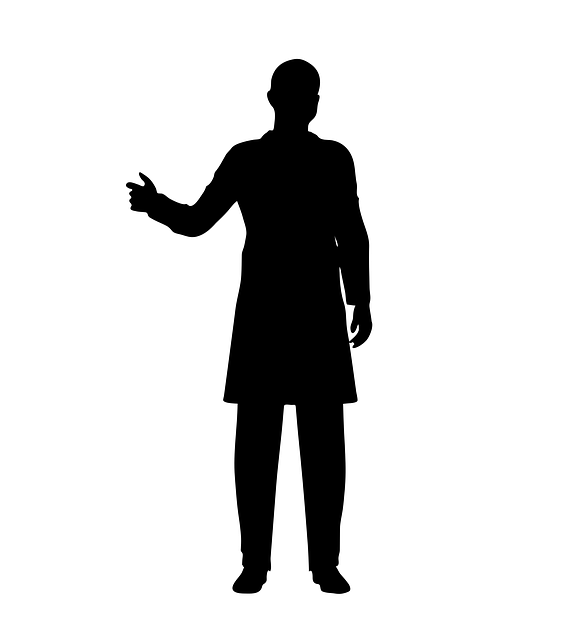Everything You Need to Know About Delirium Tremens. What Are They?
Going through alcohol withdrawal can be extremely uncomfortable. Sometimes it can even be dangerous. Amongst the symptoms of withdrawal, you might experience are sweating, shaky hands, nausea, insomnia, or vomiting. If you have been abusing alcohol for a long time, you might experience delirium tremens. These can be fatal if you don’t get the proper treatment. Receiving the proper medical supervision during your detox process could help to save your life.
Defining Delirium Tremens:
Delirium tremens, known also as the shakes, is a type of nervous system or mental changes that happen when someone quits drinking alcohol after they have drank heavily for quite some time. Most of the time these shakes occur in those who have drank for over 10 years and then quit drinking suddenly. The symptoms of DTS (delirium tremens) often occur around 48 to 96 hours after the person’s last drink. However, they can also occur up to 7 to 10 days after that last drink, for some people.

Credit: https://pixabay.com/illustrations/protest-holding-banner-hand-2672682/
Length of Delirium Tremens Symptoms:
Many people want to know how long delirium tremens will last. This is a good question and there is not just one answer for this. The symptoms are generally associated with when the person quit drinking, how long they were abusing alcohol, and a few other factors. Delirium tremens might last only 1 day for some and up to 5 days for others.
Causes of Delirium Tremens:
While many professionals are still debating the exact known cause for delirium tremens (http://www.aafp.org/afp/2004/0315/p1443.html), one common reason many professionals believe is due to excessive alcohol consumption interfering with the GABA (neurotransmitter) regulation of the body.
If someone is drinking heavily, professionals believe that their body will mistake the alcohol for the GABA. This will then lower the amount of GABA that is produced. Therefore, if someone with chronic alcoholism quits drinking, their levels of alcohol will drop, and their body will believe it doesn’t have enough of the GABA to properly function. This will then cause the delirium tremens.
The length of time these will last can vary greatly, depending on each individual. Current studies show the brain will compensate for the GABA insufficiency in time. Alcohol does affect certain neurons in the brain. Withdrawing from alcohol can excite these neurons, so the brain can adjust to the proper state. It can take weeks or even months for the brain to get back to its normal state. However, it should be noted that for some people, some or all of the damage may be permanent.
Delirium Tremens Symptoms:
It is important to know the symptoms associated with delirium tremens as well. Some of the most well-known symptoms include the following-
- Confusion
- Mental function changes
- Body tremors
- Reduced attention span
- Deep sleep for longer than 1 day
- Delirium
- Mood changes
- Restlessness
- Fatigue
- Hallucinations
In more severe situations, delirium tremens may also cause seizures to occur. The seizures in these cases are usually tonic-clonic seizures. This is when the person’s body will shake violently. This most likely will occur between the 6 to 48-hour mark, after the person’s last drink.
Delirium Tremens Treatment:
Most of the time, someone who is going through delirium tremens (https://www.sunshinebehavioralhealth.com/blog/delirium-tremens-facts-information/) will need hospitalization, so they can receive proper medical supervision. One of the common treatments for this issue is to sedate the patient with valium or librium. The sedation provides the body with the chance to suppress the nervous system, which reduces delirium tremens symptoms. While receiving the proper care can be helpful, sometimes the symptoms are fatal.
If you have an addiction to alcohol and have for a while, now is the time to contact an addiction treatment center for help. If you are going to detox, be sure to get medical supervision while doing so.
Written by Charles Watson (https://twitter.com/charleswatson00.) A freelance health writer publishing work on health and addiction.